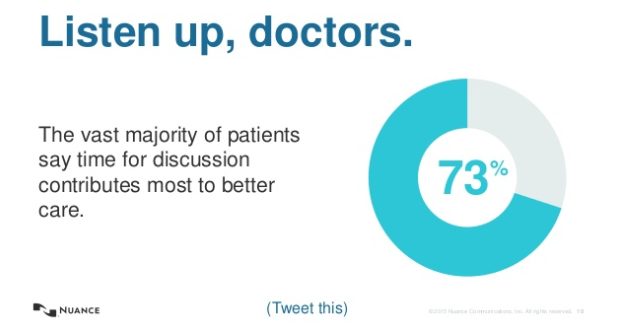The Millennial generation could very well be the powerful driving force behind direct primary care’s (DPC) market growth in the years to come. They come large in number (an estimated 80 million), wield wallet power, and their consumer preferences properly align with what the disruptive health care delivery model has to offer.
America’s largest generation likes instant gratification. They like convenience. They are more likely to research product information and consult with others prior to swiping the plastic compared to non-Millennials. They also openly share their purchasing experiences via social media outlets in addition to word of mouth.
When you apply these behaviors to the transaction of health care services, DPC has the potential to runaway with some serious competitive advantages over mainstream medicine.
For example, when’s the last time you fired off e-mails to your doctor and the response time is consistently t-minus 15 minutes? Or when your doctor hand delivered prescription medications at your workplace? How about when you knew upfront how much it costs for prescription medications or lab tests? DPC injects price transparency into the health care market – a foreign concept under the status quo. The convenience factor simply can’t be trumped by most other health care settings in the business of providing primary care services.
These are just a few defining traits that ought to make DPC appealing to the Millennial crowd. They are accustomed to rapid communication, and they also value physician-patient interaction. According to a 2015 survey of 3,000 patients commissioned by Nuance Communications, 73 percent of this age group perceives that spending more time with their doctor is the top factor that contributes to better medical care. 40 percent currently feel rushed during their appointment.

For DPC patients, time is on their side, since direct care physicians have the ability to dedicate more attention to their patients. They can do this simply because they do not participate with insurance carriers. Rather, in exchange for a median monthly fee of $70, these providers guarantee their patients around-the-clock care, inclusive of same-day appointments and a defined package of primary care health services.


